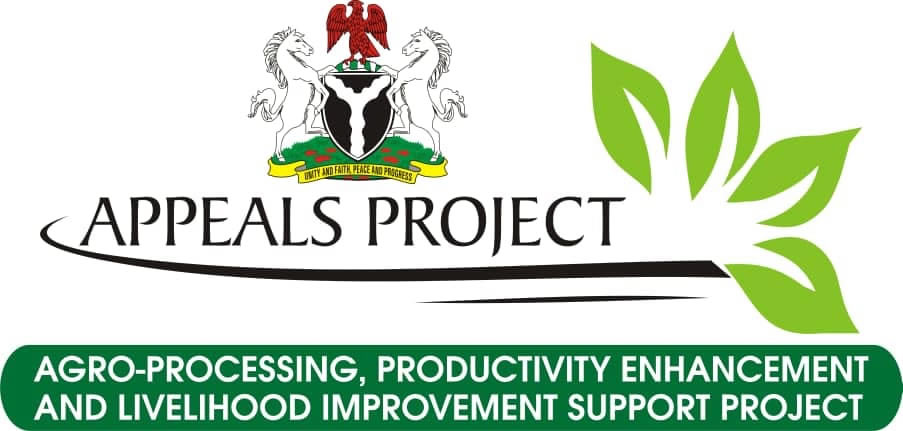
The Lagos State Government has advised beneficiaries of Agro-Processing, Productivity Enhancement and Livelihood Support (APPEALS) project to contribute to the growth of the nation’s economy through export of agricultural products.
Permanent Secretary, Lagos State Ministry of Agriculture, Dr Olayiwole Onasanya, gave the advice on Tuesday at a three-day training programme organised by the APPEALS project for farmers in the state.
Onasanya explained that part of the mandates of APPEALS project was to develop the export potential of the beneficiaries and to ensure successful linkage to international markets.
He said the meeting with the certification and regulatory agencies was one of the strategic ways in achieving the feat.
The permanent secretary congratulated the beneficiaries for being part of the APPEALS project.
Also, Mrs Oluranti Sagoe-Oviebo, state Coordinator of APPEALS Project, urged farmers to work toward standardising production and processing of aquaculture, rice and poultry for export and high earned market.
Sagoe-Oviebo said the goal of the training tagged: “Meeting of Certification and Regulatory Agencies with APPEALS project beneficiaries”, was to increase export potential of the project’s beneficiaries.
She called for urgent need for farmers to begin to contribute toward the foreign coffers of the Nigerian economy through export of locally produced products.
The coordinator said farmers should be abreast of the standard that would earn their products premium prices.
Sagoe-Oviebo said: “We are training our farmers on best practices that will ensure that they get certification from relevant agencies, and to ensure that they are getting premium prices for whatever they are selling.
“This training is part of the activities to support our beneficiaries.
“This training will enlighten them in the certification and to understand the regulations so as to increase their export potential.
“A lot of our beneficiaries are encouraging us with the pace at which they are adopting the technologies we have demonstrated to them.
“As at the last quarter, we had over 70 beneficiaries of Lagos APPEALS Project that had adopted the technologies we demonstrated to them.
“Many of them are ready to run with what we have taught them, because it is not enough to provide grants, but to teach them how to put it to good use.”
The coordinator also said that the project had acquired a rice colour sorter machine, to further improve quality of rice and enhance the productivity of rice farmers.
She said that five thousand farmers had been trained and 720 beneficiaries supported with grant for technology adoption so far in the three value chains of rice, aquaculture and poultry.
Meanwhile, Dr Sadiq Yunus, Deputy Director, Export Division, National Agency for Food and Drug Administration and Control (NAFDAC), said the training was necessary for better understanding of export procedures.
Yunus said it would help cushion effects of the COVID-19 pandemic on farmers.
According to him, NAFDAC was ready to propel Medium-Small Scale Enterprises (MSMEs) through facilitations at no cost.
He said: “All our processes for product registration are automated and online. You can sit at the comfort of your office and upload your documents for whatever licences you want.
“Local products that are exported with NAFDAC licence have more value in the host country.
“There are processes to certify a product satisfactory to issue health certificate for that product.
“This training is to teach them what to do to ensure that their products are considered safe and of good quality, not only for the local markets, but also the international market,” Yunus said.
In her remarks, Mrs Olanike Oladosu, the representative, Federal Department of Fisheries (FDF), said farmers should identify potential customers to meet standards of the importing country and to achieve competitive pricing.
Oladosu spoke on “Standardising Production and Processing of Aquaculture Products for Export Market and High Earned Market.”
She highlighted reasons why farmers should target high earned market, high class point of sale and presentation and product packaging.
According to her, the basic strategy of APPEALS project is to increase productivity, production and improve processing and marketing of the targeted value chains.
“The value chains are expected to foster jobs creation along the priority value chains, develop export potential of beneficiaries and improve livelihood of project participants,” she saidnan.






